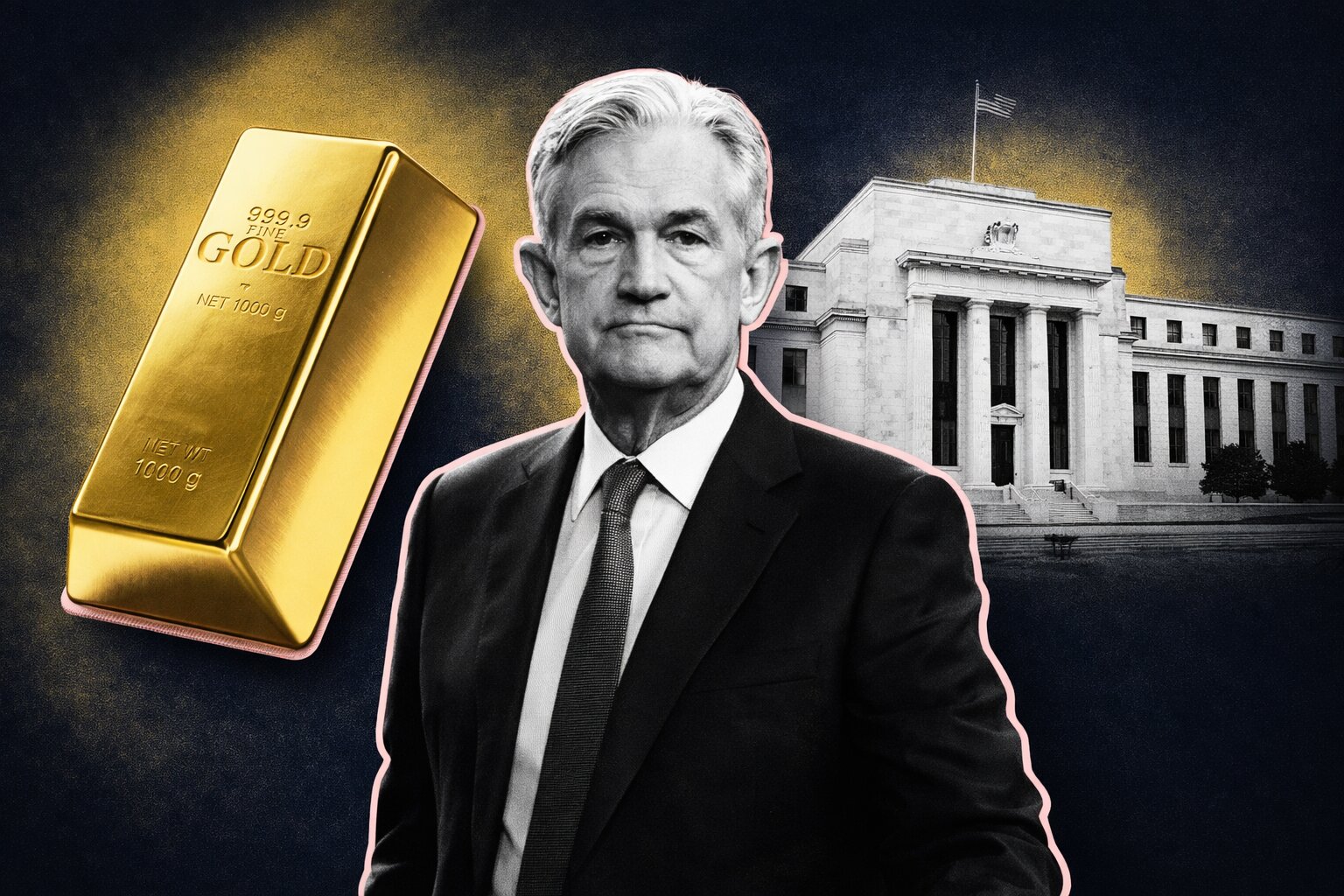Unanticipated OPEC+ Output Cuts Send Oil Prices Soaring, Sparking White House Concern and Inflation Fears
Major OPEC+ Nations Pledge Over 1.1 Million Barrels per Day in Reductions, Impacting Global Markets and Central Bank Decisions
OPEC+ delivered a surprise to global oil markets by announcing significant crude output cuts that exceed 1.1 million barrels per day. These cuts, which are set to last until the end of 2023, have caused oil prices to soar and drawn criticism from the White House. The decision came outside of the group's regular schedule, with the objective of stabilizing the oil market and supporting prices.
Leading the way, Saudi Arabia has pledged a voluntary cut of 500,000 barrels per day. Other OPEC+ nations, including Russia, UAE, Kuwait, Oman, Iraq, Algeria, and Kazakhstan, have also committed to cutbacks. The announcement sent shockwaves through the market, with oil prices surging by as much as 8%. West Texas Intermediate crude reached $79.38 a barrel, while Brent crude futures climbed 5.07% to $83.95 a barrel.
Analysts suggest that the OPEC+ decision could push oil prices toward the $100 mark again, particularly given China's reopening and Russia's output cuts in retaliation against Western sanctions. However, some warn that higher oil prices may lead to increased inflation and complicate central banks' rate decisions.
The White House described the OPEC+ move as ill-advised and stated that the US would work with producers and consumers with a focus on gasoline prices. Last year, President Joe Biden had ordered an unprecedented release from the nation's strategic crude reserves in response to Russia's invasion of Ukraine.
The output cuts have the potential to push the market into a deficit in Q2 2023, which may affect demand and exacerbate inflation challenges faced by central banks. Vandana Hari, the founder of Vanda Insights in Singapore, noted that higher prices could curtail some demand while also intensifying the stubborn inflation central banks are trying to combat, adding to recessionary risks.
In addition to the economic ramifications, geopolitical factors are also at play. The cuts come amid concerns of a repeat of the 2008 oil price crash. Bob McNally, president of Rapidan Energy Group, explained that OPEC+ members are looking to avoid the dramatic price collapse that occurred in 2008 when oil prices crashed from $140 to $35 in six months.
The OPEC+ decision has overshadowed the recent agreement between Iraq's semi-autonomous Kurdistan region and the federal government to resume oil exports through Turkey. This resumption of supply had helped WTI rally more than 9% last week.
Read More
-
IVV ETF Price Forecast: Is $684 Still Worth Paying For S&P 500 Exposure?
14.02.2026 · TradingNEWS ArchiveStocks
-
XRP ETF Rally: XRPI at $8.09 and XRPR at $11.60 as XRP-USD Rebounds Toward $1.47
14.02.2026 · TradingNEWS ArchiveCrypto
-
Natural Gas Futures Price Holds Around $3.20 as Storage Tightens and Winter Premium Fades
14.02.2026 · TradingNEWS ArchiveCommodities
-
USD/JPY Price Forecast: Yen Strength Turns 152 into a Make-or-Break Level
14.02.2026 · TradingNEWS ArchiveForex



















